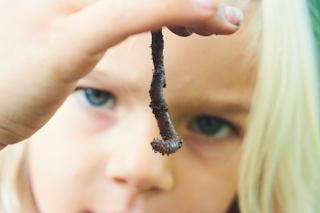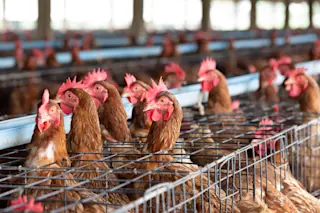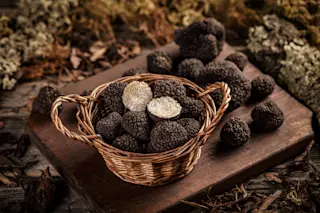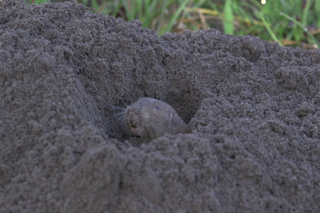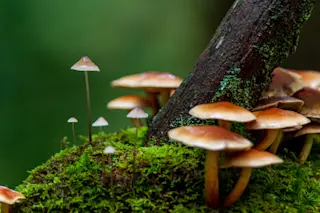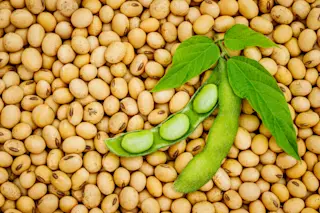You may soon be seeing on your local grocery store's shelves some exotic-sounding new fruits and veggies created by Monsanto. There's the onion that won't make you cry, the better-for-you broccoli, and the melon that won't spoil when it's ripe. But these aren't the genetically-modified plants Monsanto has made its name on. Instead, biologists there are taking a high-tech approach to a very ancient kind of crop modification: crossbreeding. These new technological tricks allow Monsanto to speed up the process of breeding better plants---by identifying the genes responsible for desirable traits and then scanning millions of seeds to select only the genetically-promising ones to plant and breed in the next generation. Ben Paynter put the process into perspective in his Wired article about Monsanto’s veggies:
“In the real world, the odds of stacking 20 different characteristics into a single plant are one in 2 trillion. In nature, it can take ...


